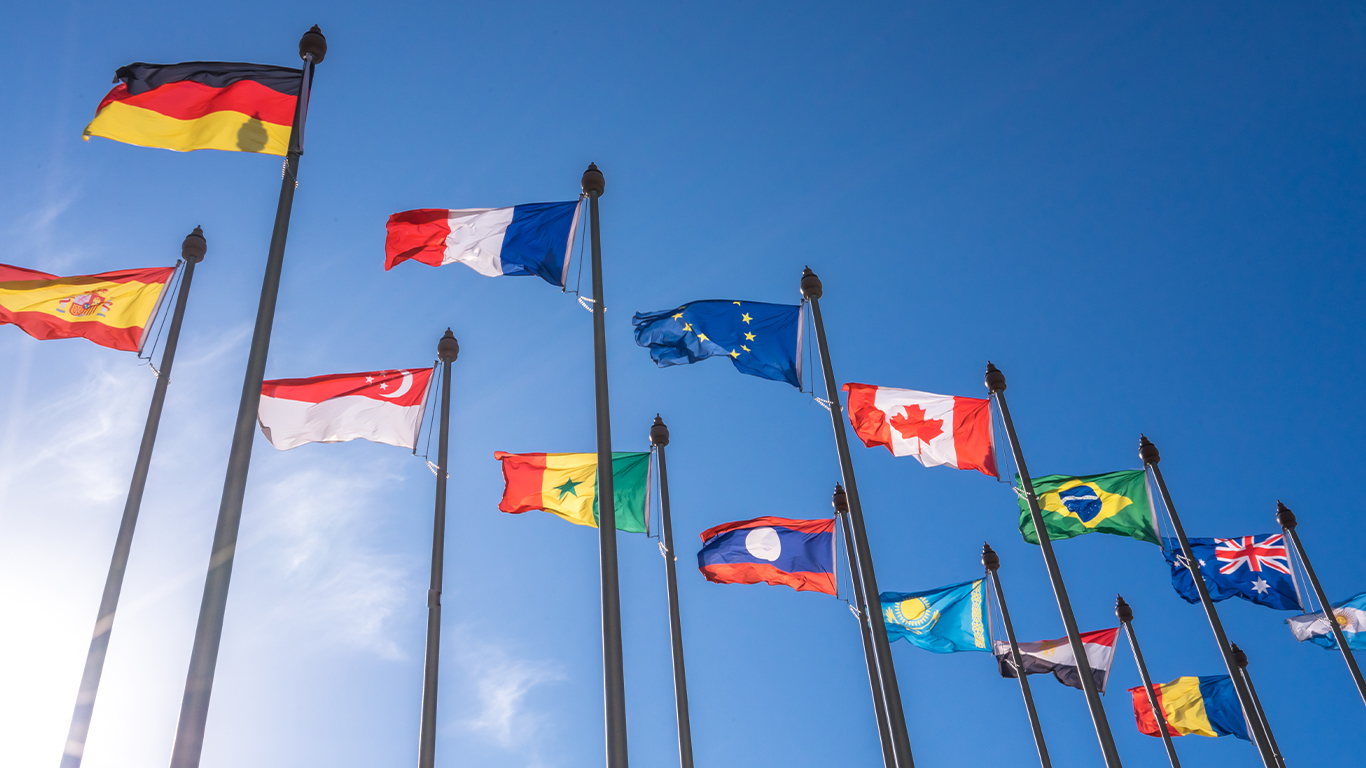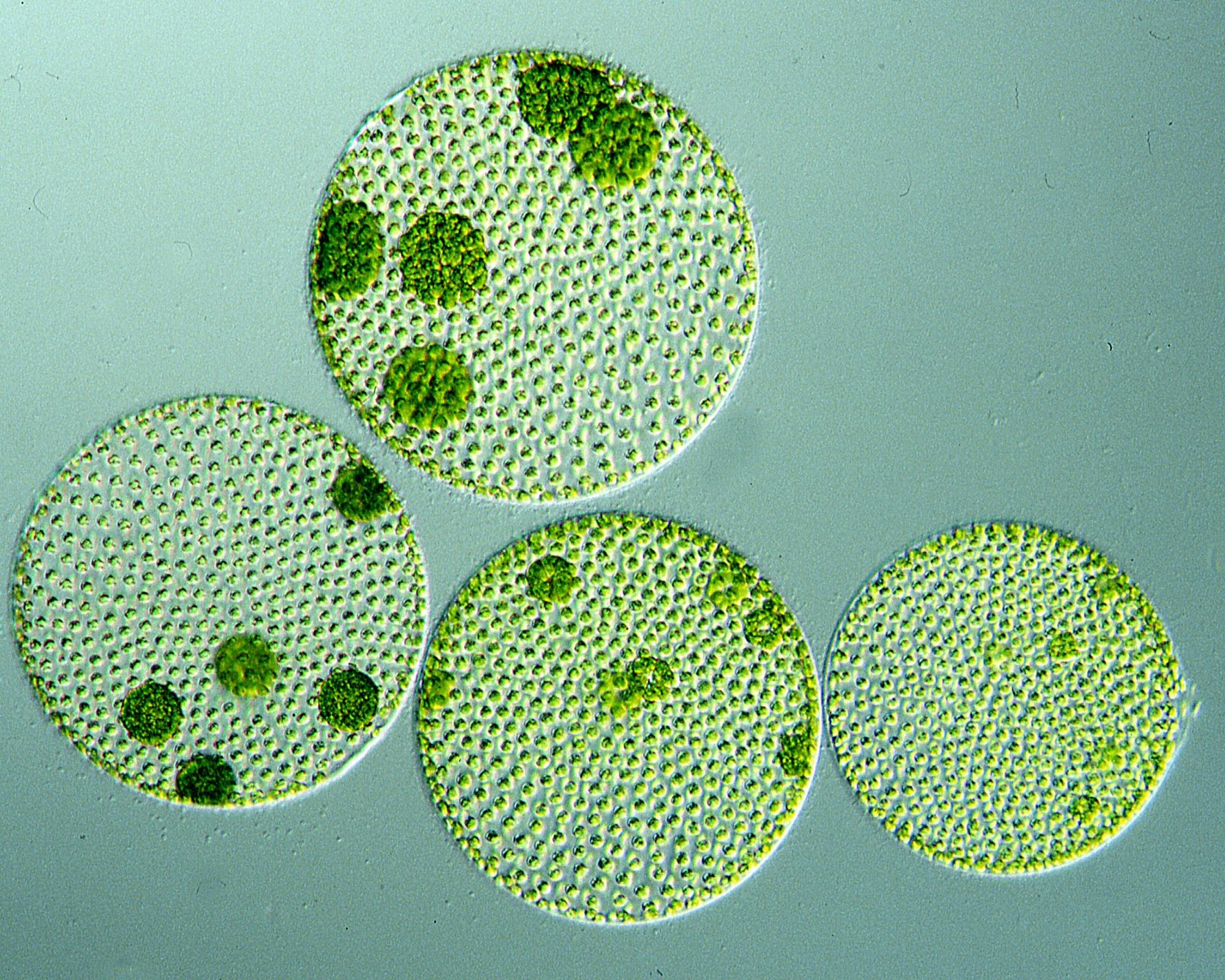
Standardisation: An Essential Lever for Quality, Safety, and Sustainable Innovation
Protecting people and the environment are inseparable priorities. In this context, standardisation is a key tool for guaranteeing quality, safety, and the harmonisation of best practices.
Although regulations already set targets for public health and environmental safety, they leave companies free to adopt – or ignore – specific technical standards, as the vast majority of them are voluntary.
Particularly crucial in sensitive sectors such as disinfection, standardisation ensures the reliability, efficiency, and traceability of both products and processes.
As a leader in the field of biocleaning, Oxy’Pharm shares its expertise in an effort to shed light on the fundamental principles of standardisation and the challenges involved in effective, eco-friendly disinfection.
What Is Standardisation? Definitions, Roles, and Benefits
Standardization: A commitment by Market Players
Unlike regulations, which are set by law and are mandatory, standards are usually voluntary. By choosing to comply with a standard, a company demonstrates its commitment to quality and safety.
While regulations set objectives to be achieved to guarantee public health and environmental protection, standards outline the technical solutions for achieving said objectives. They may include qualitative and technical requirements – not only for products, but also for services and practices, and always in pursuit of public interest.
Standards are developed through a consensus between companies, consumers, professionals, and users. This process ensures that practices are harmonised, while defining common requirements in terms of quality, safety, compatibility, and the reduction of environmental impact.
By ensuring the reliability and quality of products and services, standards boost both consumer and user confidence.
The French, European and International Levels of Standardisation
Standards are set at various levels by recognised standards bodies :
- At the national level in France, AFNOR (Association Française de Normalisation) is responsible for coordinating the standardisation system and developing national standards. Each European country has its own standards body.
- At the European level, the European Committee for Standardization (CEN) is the leading body for the development and harmonisation of standards.
- At the global level, the International Organization for Standardization (ISO) is responsible for drawing up standards.
An international standard may be adopted at the European level, then incorporated into a national series, featuring prefixes such as NF ISO or NF EN ISO, indicating its status and scope.
In France, European standards automatically become national standards, but the reverse is not true. If there is no European standard, then the French standard, if it exists, is applicable. So when a standard only has the prefix NF, this indicates that it is specifically applicable to and implemented solely in France.

For example, NF T 72-110, which is specific to steam disinfection, is a French standard that has not yet been harmonised at the European level. This French standard therefore provides a unique reference for guaranteeing the effectiveness of these processes.
AFNOR is a member of the International Organization for Standardization and therefore represents France at international standards conferences and events.
Some 90% of French standards are of European or international origin.
Standardization in Disinfection
Understand the rigorous principles of disinfection standards
In the field of disinfection, standards define a rigorous framework designed to guarantee the effectiveness, safety, and traceability of the practices and products used, both for user safety and environmental protection.
They are based on scientific protocols and standardised assessment methods for measuring the antimicrobial performance of processes, whether chemical disinfection, airborne disinfection, or steam biocleaning.

These standards vary according to the products and their areas of use. They specify the conditions and protocols for application, particularly in terms of composition, concentration, contact time, and temperature, as well as the specific requirements to guarantee optimum effectiveness while protecting human health and the environment.
The standards also detail the types of micro-organisms targeted (including bacteria, yeasts, moulds, viruses, and bacterial spores), the exact strains to be tested, and the levels of reduction expected for each type.
Why Are Standards Crucial for Disinfection ?
Standards play a key role in assessing and standardising disinfection processes, by defining precise and rigorous frameworks for testing and validating the effectiveness of methods, equipment, and products.
Standardisation tests work within strict parameters, including the types of microbiological strains used, the levels of microbiological reduction required, and the experimental conditions (such as temperature, humidity, or the presence of organic contaminants).
These objective, standardised criteria provide essential guarantees on several levels :
- Comparability of processes : standards enable different disinfection systems or products to be assessed on a common basis, making it easier to choose between several solutions available on the market.
- Reliable results : by applying standardised protocols, the tests ensure reproducible results, regardless of the laboratories or operators carrying out the tests.

- Objective assessment : standards guarantee impartial and transparent analysis of the effectiveness of disinfection methods, which is crucial for establishing trust between manufacturers and users.
- Inclusion in specifications : thanks to their precision and uniformity, standards provide a technical basis for including clear, measurable requirements in specifications or invitations to tender.
The Benefits of Standards for Businesses and Users
By adopting a systematic approach, standards enable practices to be harmonised, which is essential for meeting the challenges of public health, biosafety, and regulatory compliance, particularly in critical sectors such as medicine, agri-food, and industry.
They ensure objective, uniform, and reproducible analyses, guaranteeing that disinfection products and processes are effective, safe for users, and adapted to real-world needs.

Standardisation is particularly crucial for airborne disinfection devices (ADDs) and steam generators, as it confirms their ability to achieve levels of disinfection that meet modern public health expectations.
Standards therefore do much more than simply provide assessment tools.
They also act as catalysts for innovation, the harmonisation of practices, and the continuous improvement of processes, helping to meet today’s biosafety challenges.
Standardisation, a driver of progress and commitment
By providing a rigorous, harmonised framework, standardisation plays an essential role in ensuring the safety, quality, and effectiveness of practices, particularly in sensitive areas such as disinfection. More than simply a technical reference, standardisation is a real guarantee for users and a strategic lever for companies. It not only encourages innovation, but also the adoption of responsible practices in line with today’s health and environmental expectations.
In a world where these expectations are constantly evolving, the commitment of economic and industrial players to standardisation is essential if we are to meet future challenges. By making this voluntary choice, we can contribute to a safer, more sustainable, and more harmonious future.
To find out more about standardisation and its key role, particularly in the field of disinfection, you can contact the experts at Oxy’Pharm. By working with committed leaders, you can become an agent of change and play an active part in transforming practices in the pursuit of more responsible and increasingly innovative solutions.